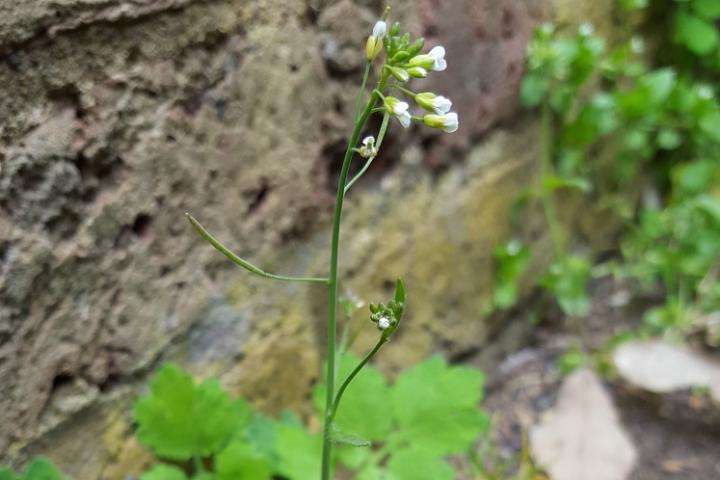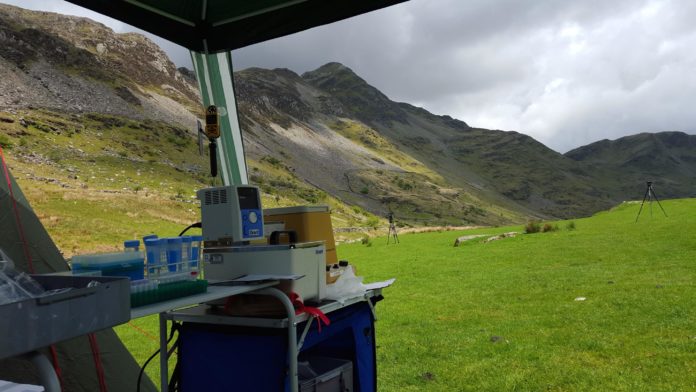Since 40 years, DNA sequencing has revolutionized the scientific world but has remained laboratory-bound. Scientists at the Royal Botanic Gardens, Kew for the first time have used real-time DNA sequencing to find Plant Species.
Species identification is a largely a field-based area of pursuit. It limits the pace of discovery and decision-making that can depend upon it. If using new technology for identification, it can be critical for scientific research, the conservation of biodiversity and in the fight against species crime.
Kew scientist Joe Parker said, “This research proves that we can now rapidly read the DNA sequence of an organism to identify it with minimum equipment. Rapidly reading DNA anywhere, at will, should become a routine step in many research fields. Despite hundreds of years of taxonomic research, it is still not always easy to work out which species a plant belongs to just by looking at it. Few people could correctly identify plant species in their own gardens.”
In this new study, scientists used the portable DNA sequencer to analyze plant species in Snowdonia National Park. Scientists noted their one of the success in the field ID of two harmless white blooms, Arabidopsis thaliana, and Arabidopsis lyrata ssp.petraea. This was accomplished by sequencing irregular parts of the plants’ genomes and complex process of sequencing plant species.

Scientists then compared their new facts to a freely available database of reference genome sequences. Significantly, imitating their trial with other DNA sequencing methods allowed them to devise new statistics. This allowed them to understand the useful properties of this new kind of data.
Alexander Papadopoulos, Kew scientist said, “Accurate species identification is essential for evolutionary and ecological research, in the fight against wildlife crime and for monitoring rare and threatened species. Identifying species correctly based on what they look like can be really tricky and needs ability to be done well.”
“This is especially true for plants when they aren’t in flower or when they have been processed into a product. Our experiments show that by sequencing random pieces of the genome in the field it’s possible to get very accurate species identification within a few hours of collecting a specimen. More traditional methods need a lot of lab equipment and have often only provided enough information to identify a sample to the genus level.”
Along with this, scientists identified other useful properties of their data. This field sequenced data can be used to assemble a whole genome sequence.
Currently, scientists are exploring the feasibility of rapidly generating a reference sequence database from the incredibly diverse collection of plants.
